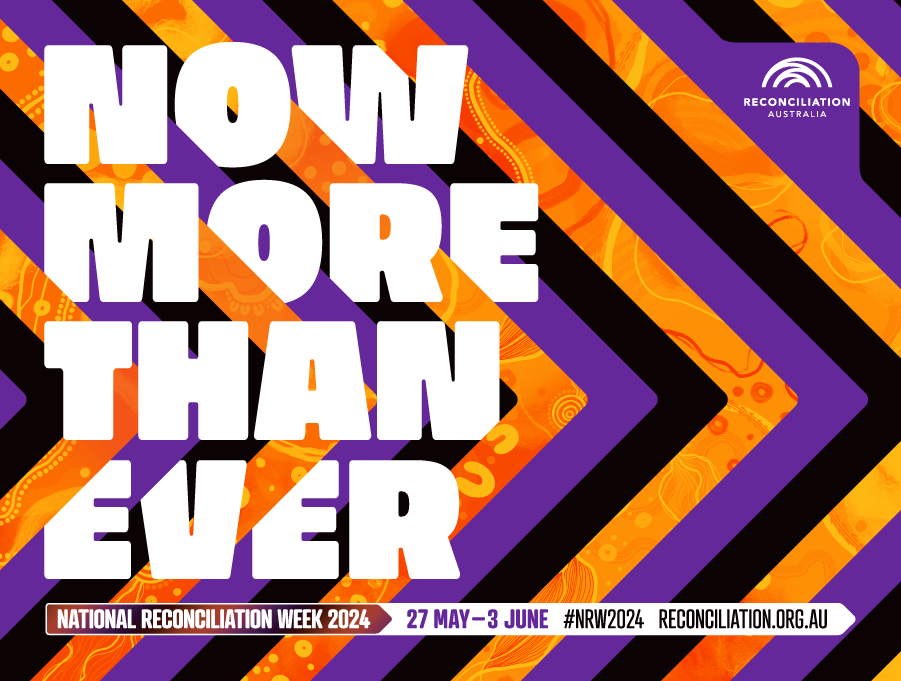In an age where division seems to be an omnipresent specter haunting our communal interactions, the call for reconciliation resonates more profoundly than ever. This notion of reconciliation is not merely a social plea; it represents a deeply rooted ethical imperative that intertwines with the Christian faith. The essence of reconciliation can be gleaned from scriptural teachings and the historical context of Christianity itself, wherein the principles of love, forgiveness, and unity form the bedrock of the faith. It is paramount to explore why reconciliation matters significantly in today’s world, viewed through the lens of Christian doctrine and the moral imperatives it encompasses.
To begin, the concept of reconciliation is intrinsically linked to the nature of God as revealed in the Christian tradition. At the core of Christian theology lies the belief in a God who seeks relationship with humanity, constantly inviting individuals toward redemption and restoration. In the Gospel of Matthew, we witness Jesus advocating for peacemakers, declaring them blessed (Matthew 5:9). This beatitude underscores the divine approval of those who endeavor to mend rifts and foster harmony among people. Consequently, reconciliation assumes a pivotal role not just in personal interactions, but as a broader societal mandate that reflects God’s character and intentions for humanity.
However, grappling with reconciliation requires an honest acknowledgment of historical injustices and societal fractures. The scars of colonialism, systemic racism, and social inequities are visible reminders of humanity’s failures in embodying the Christian ethos of brotherhood. This reality offers a sobering backdrop against which the call for reconciliation gains urgency. A critical examination reveals that the failure to engage in reconciliation can lead to cycles of resentment, anger, and division—antitheses of the Christian message of love and restoration. Thus, restitution becomes paramount, not as an act of mere contrition but as an embodiment of the divine grace that Christians are called to exhibit.
Reconciliation also serves as a poignant reminder of the interconnection of humanity. The Apostle Paul’s writings in furthering the understanding of the body of Christ epitomize this. In 1 Corinthians 12:12-27, Paul articulates the unity of believers, emphasizing that each part, though distinct, contributes to the whole. This metaphor extends beyond the spiritual community to society at large, suggesting that every individual’s dignity must be cherished and upheld. Today, as fragmentation continues to grow, embracing this relational theology is essential. Recognizing that every person carries inherent value propels the commitment to rectify and transform broken relationships, facilitating healing and wholeness in communities.
Moreover, the call for reconciliation espouses not only the moral obligation but also the transformative power inherent within forgiveness. Within the Christian narrative, forgiveness is a cornerstone that enables individuals to liberate themselves from the shackles of grudges and grievances. The act of forgiving, far from being passive, acts as a catalyst for profound change. The story of the Prodigal Son exemplifies this transformative power—illustrating that reconciliation often involves extending grace to those who may not deserve it by human standards. Such actionable love is compellingly subversive in a world that often champions retaliation. Therefore, Christians are tasked with the responsibility of embodying this grace-filled forgiveness, leading to the mending of estranged relationships and ultimately nurturing a more reconciled world.
In today’s socio-political climate, the implications of reconciliation are layered and complex, as they call for congregations and communities to take tangible action toward addressing injustices. As contemporary challenges arise—ranging from racial and economic disparities to environmental degradation—the Christian commitment to advocacy and activism emerges in clarity. The prophetic tradition within Scripture compels believers to stand against oppression, urging them to affect change both locally and globally. Reconciliation, therefore, manifests as a proactive engagement in justice and restoration efforts, reflecting the heart of God for a broken world.
Furthermore, cultivating a culture of reconciliation demands intentionality and resilience. This undertaking is not devoid of challenges; it invites discomfort as individuals confront biases, historical grievances, and social inequalities. Yet, resilience in pursuit of this calling anchors hope in God’s faithfulness and the possibility of renewal. The Church, as a community, must assume a leadership role in nurturing dialogues, fostering understanding, and seeking restorative practices that acknowledge past transgressions while paving the way for a peaceful future.
The journey toward reconciliation also necessitates education and awareness, providing a framework for understanding the systemic issues that perpetuate discord. The stories and narratives of marginalized communities must be heard and integrated into the broader tapestry of society’s understanding. The life of Jesus exemplifies a model of listening, advocating, and standing alongside the oppressed. Christian engagement in reconciliation thus becomes an act of humility, wherein the willingness to learn from one another illuminates pathways to healing.
In conclusion, the necessity for reconciliation in today’s world is increasingly clear, particularly through the Christian lens. As society grapples with myriad challenges, the principles of love, forgiveness, and unity have never been more pertinent. Reconciliation is not merely an ideal to be aspired to; it is a mandate interwoven with the very fabric of the Christian faith. It invites believers to reflect the love of God in tangible ways, to acknowledge and rectify injustices, and to serve as instruments of peace in a fractured world. Now more than ever, the pursuit of reconciliation is both a challenge and a calling, promising the possibility of restored relationships and a renewed community grounded in the transformative power of grace.



